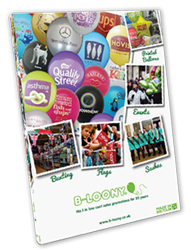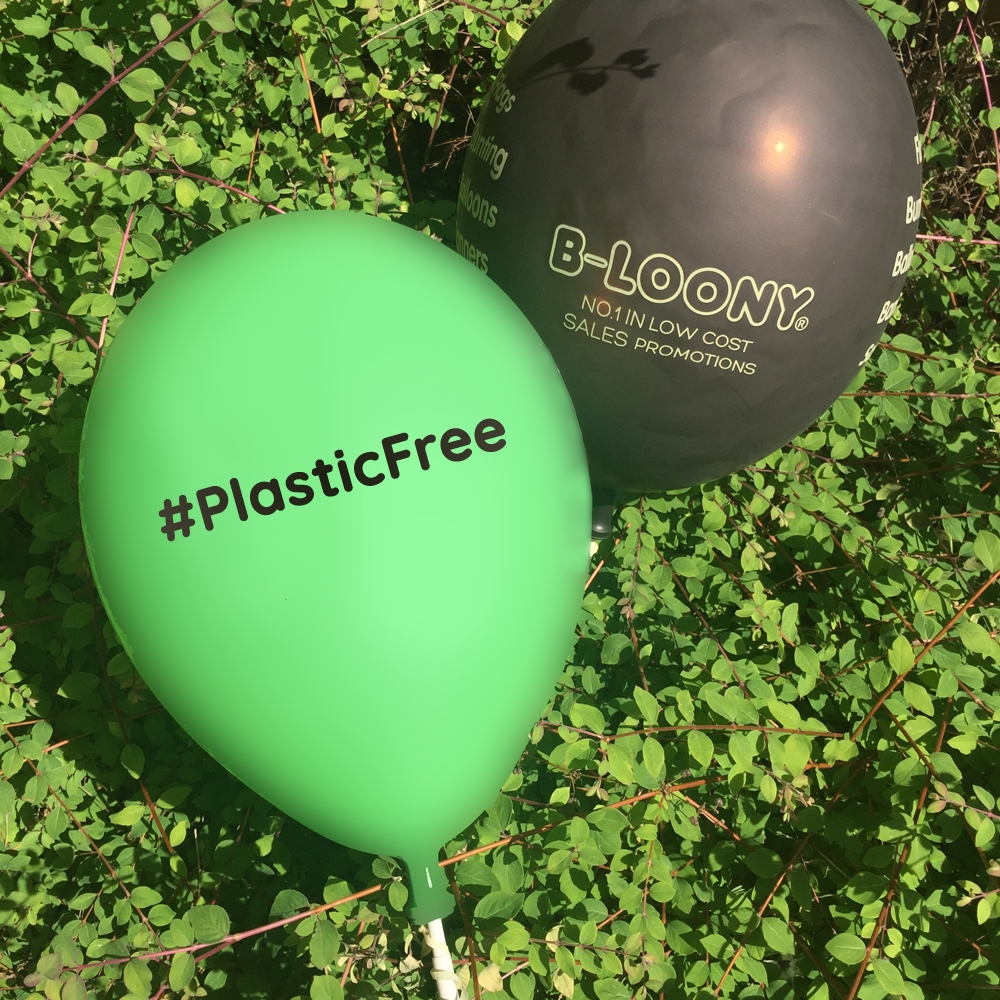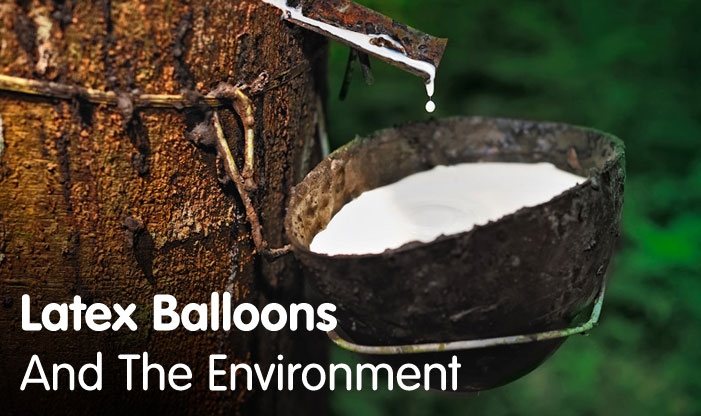Modern Slavery Statement
Introduction
This statement sets out B-Loony’s actions to understand all potential modern slavery risks related to its business and to put in place steps that are aimed at ensuring that there is no slavery or human trafficking in its own business and its supply chains.
As part of the manufacturing sector, the organisation recognises that it has a responsibility to take a robust approach to slavery and human trafficking.
The organisation is absolutely committed to preventing slavery and human trafficking in its business activities, and to ensuring that its supply chains are free from slavery and human trafficking.
Organisational structure and supply chains
This statement covers the activities of B-Loony Ltd, a manufacturing business which supplies balloons and other marketing related material to major retailers and hospitality businesses in the UK and internationally.
Countries of operation and supply
The organisation currently operates in the following countries:
- UK only for operations.
- Supply chain operates internationally.
The following is the process by which the company assesses whether or not particular activities or countries are high risk in relation to slavery or human trafficking:
- Visits to key supplier businesses to audit supplier methods of production
- Regular audits of agency suppliers
- Review of all working practices via regular SMETA audits
- Requirement for key suppliers to also conduct SMETA audits
High-risk activities
There are no current activities which are considered to be high risk by the organisation.
Responsibility
Responsibility for the organisation's anti-slavery initiatives is as follows:
- Policies: The Operations Director is responsible for ensuring that the organisation has an anti-slavery statement and adheres to the detail of the statement.
- Risk assessments: The Operations Director and Internal Auditor assess the potential risks when visiting supplier locations. The Compliance Co-ordinator checks the right to work of all new employees to ensure they have the correct legal documentation, a UK based address and have freely chosen to work in the company.
- Investigations/due diligence: should there be an instance found of slavery or human trafficking, the Compliance Co-ordinator and Operations Director will investigate this and report to the relevant authorities.
Relevant policies
The organisation operates the following policies that describe its approach to the identification of modern slavery risks and steps to be taken to prevent slavery and human trafficking in its operations:
- Whistleblowing Policy: the organisation encourages all its workers, customers and other business partners to report any concerns related to the direct activities or the supply chains of the organisation. This includes any circumstances that may give rise to an enhanced risk of slavery or human trafficking. The organisation's whistleblowing procedure is designed to make it easy for workers to make disclosures, without fear of retaliation. Employees, customers or others who have concerns can contact our HR Consultant in complete confidence.
- Employee Code of Conduct: the organisation's code makes clear to employees the actions and behaviour expected of them when representing the organisation. The organisation strives to maintain the highest standards of employee conduct and ethical behaviour when operating in the UK and abroad and managing its supply chain.
- Code of Business Integrity: the organisation is committed to ensuring that its suppliers adhere to the highest standards of ethics. Suppliers are required to demonstrate that they provide safe working conditions where necessary, treat workers with dignity and respect, and act ethically and within the law in their use of labour. The organisation works with suppliers to ensure that they meet the standards of the Code and improve their worker's working conditions. However, serious violations of the organisation's Code by suppliers will lead to the termination of the business relationship.
- Recruitment/Agency Workers Policy The organisation uses only specified, reputable employment agencies to source labour and always verifies the practices of any new agency it is using before accepting workers from that agency. The company audits agencies from time to time to ensure they are maintaining the correct standards.
Due diligence
The organisation undertakes due diligence when considering taking on new suppliers, and regularly reviews its existing suppliers. The organisation's due diligence and reviews include.
- evaluating the modern slavery and human trafficking risks of each new supplier (this may be part of a more general human rights or labour rights assessment).
- conducting supplier audits or assessments through our third-party auditor, which have a greater degree of focus on slavery and human trafficking where general risks are identified.
- invoking sanctions against suppliers that fail to improve their performance in line with an action plan or seriously violate our supplier code of conduct, including the termination of the business relationship.
Performance indicators
The organisation has reviewed its key performance indicators (KPIs). As a result, the organisation is:
- Continuing to review its existing supply chains, whereby the organisation evaluates all existing suppliers. This is an ongoing process.
- Considering the use of BRC or other standards of certification as a benchmark, where suppliers can be checked for their labour standards, compliance in general, and modern slavery and human trafficking.
Awareness
The organisation requires that the Directors, the external auditor and the Compliance Coordinator understand the basis of the modern slavery statement.
These key stakeholders should be aware of:
- our business's purchasing practices, which influence supply chain conditions and which should therefore be designed to prevent purchases at unrealistically low prices, the use of labour engaged on unrealistically low wages or wages below a country's national minimum wage, or the provision of products by an unrealistic deadline.
- how to assess the risk of slavery and human trafficking in relation to various aspects of the business, including resources and support available.
- how to identify the signs of slavery and human trafficking.
- what initial steps should be taken if slavery or human trafficking is suspected.
- how to escalate potential slavery or human trafficking issues to the relevant parties within the organisation.
- what external help is available, for example through the Modern Slavery Helpline, Gang masters and Labour Abuse Authority and "Stronger together" initiative.
- what messages, business incentives or guidance can be given to suppliers and other business partners and contractors to implement anti-slavery policies.
- what steps the organisation should take if suppliers or contractors do not implement anti-slavery policies in high-risk scenarios, including their removal from the organisation's supply chains.
Board approval
This statement has been approved by the organisation's board of Directors, who will review and update it annually.






